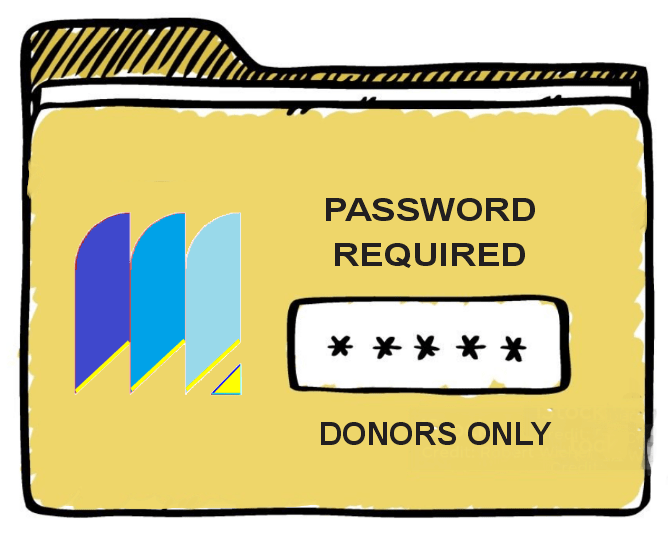
Avoid putting yourself at risk while being online. Do some password housekeeping.In 2004, tech magnate Bill Gates projected the death of password-based security, citing concerns that passwords wouldn’t meet the challenge of keeping critical information secure. More than 15 years later, while online passwords continue to proliferate, there is little doubt that our digital security continues to be challenged. If our choice of passwords is any indication, we may not be doing our best to stay secure. Many of us are guilty of using unsophisticated passwords (see end). According to one report, 23.2 million people worldwide who had their accounts hacked were still using the password “123456”.
Are there ways to improve our digital hygiene? Here are some basic tips. While these may be obvious, they can provide good talking points for discussions with potentially higher-risk individuals, such as children or seniors.
Improve passwords
Avoid reusing the same login/password. By some reports, the average person may have over 90 online accounts, so keeping track may be a challenge. A password manager can help to generate, store, encrypt and auto-fill passwords and you’ll just need to remember one master password.
Update devices
Keep devices patched or updated. Hackers can more easily access out-of-date software or operating systems.
Protect critical information
Consider isolating devices for different activities. For example, online gaming may be more susceptible to security breaches, so it may be wise to avoid storing confidential information on devices used for these purposes.
Protect yourself in public
Unsecure Wi-Fi hotspots, such as those offered at airports or in taxicabs, or public USB charging stations, are often targets for hackers. Consider using a Virtual Private Network for protection, which allows you to bypass location tracking and adds a layer of obfuscation to your traffic.
Don’t link accounts
Some third-party websites allow you to link other accounts, such as email or social media. However, linking multiple accounts can increase the potential damage in the event that one account becomes compromised.
Limit sharing personal information
Every time you click a website link or answer a seemingly innocuous survey, your data is being collected. Information broadcast on websites or social media may be accessible to unscrupulous individuals or hackers, even if privacy settings are enabled. Consider disguising personal data (i.e., posting an altered name/birthdate) to protect your identity.
Be aware of phishing
Criminals continue to improve the sophistication with which they masquerade as others. There may be subtle indications that a source is fake: an email text doesn’t address you directly (“dear customer”) or contains spelling or grammatical errors. Remember: reputable institutions will never ask you to verify account information or sensitive personal data online. Take time to verify a source. When in doubt, call an organization directly using the phone number posted on a general website.
Most Common Passwords: Do Any Belong to You?
- 123456
- qwerty
- password
- iloveyou
- princess
- sunshine
- abc123
- superman
- computer







